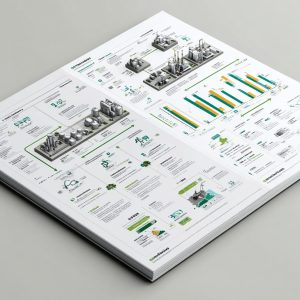If you follow the discourse on clean energy, biofuels, and the future of the automotive industry, you must have heard the troubling dispute that growing plants for biofuel production takes up valuable arable land. It only aggravates the food supply problems worldwide for questionable energy output.
How much land does UK biofuel production take?
According to the official governmental statistics for 2020, available at https://www.gov.uk/government/statistics/area-of-crops-grown-for-bioenergy-in-england-and-the-uk-2008-2020/section-1-biofuels, the percentage of UK total arable area, used for biofuel production, is just 0.6%. Therefore the implied argument that biofuels take up space that can otherwise be planted with corn, vegetables or potatoes (or any other crop, for that matter) isn’t true. Moreover, large portions of biofuel production belong to recycling wasteful products like used cooking oil or tallow, which brings us to the next point.
What kind of biofuel are we going to produce in the UK?
We have two options:
- Plant-based biofuels. They will always face the media storm mentioned above and attract unnecessary attention. People have to understand, though, that we do not have a problem with food shortages – we have a problem with food waste and unequal redistribution between the Western and Third World (especially areas like Africa and Southeast Asia).
- Recycle-based biofuels. Instead of pouring thousands of tons of waste oils down the sewers, we can put them to double use by turning them into fuel. Thus we will not only protect the environment but avoid water pollution at the same time.



